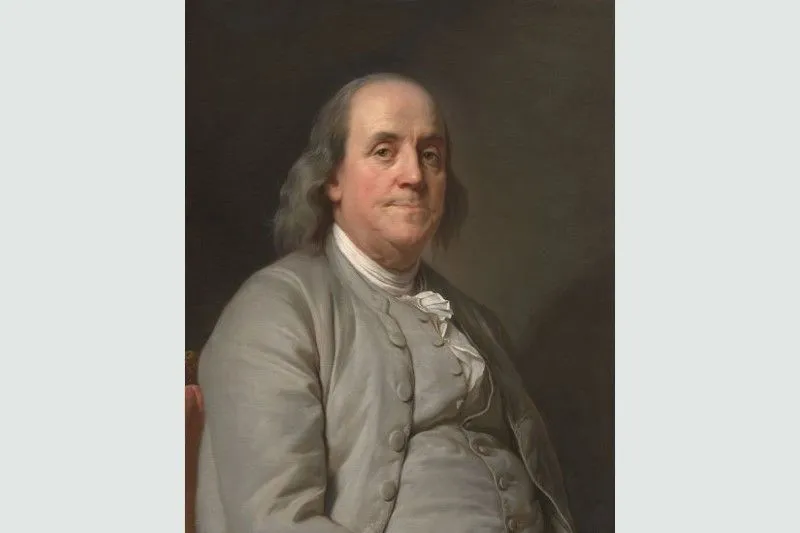Dry January and Beyond
Ringing in the New Year often includes resolutions related to improving one’s health for the upcoming year. Since 2013, a public health campaign by Alcohol Change UK turned social movement called “Dry January” is increasingly being incorporated into those resolutions. The idea behind this health movement is to abstain from alcohol for 31 days to allow time to explore the potential health advantages of a break from alcohol for those who consume regularly. These benefits may include weight loss, more restful sleep, better mood, more energy, and improvements in markers of chronic disease, including those related to high blood pressure, diabetes, and liver disease.
Reassessing your relationship with alcohol can be a healthy choice regardless of the time of year or amount consumed. The World Health Organization has commented that no amount of alcohol consumption is entirely safe due to known cancer risks. Guidelines differ among public health organizations on what is considered low-risk and high-risk drinking, meaning that staying informed regarding your health risks and pattern of drinking is vital for making an informed decision. The National Institute on Alcohol Abuse and Alcoholism offers a free online tool and booklet called “Rethinking Drinking” that can assist in providing more information regarding alcohol and health.
Participation in Dry January can reveal signs of potential alcohol problems that may include the development of alcohol withdrawal. Symptoms of alcohol withdrawal can range from mild to severe and include changes such as increased anxiety, headache, nausea, vomiting, insomnia, shaking, hallucinations, confusion, and seizures. Those experiencing symptoms of alcohol withdrawal after making any change to drinking should seek immediate medical attention.
Beyond January, receiving regular feedback about drinking from your healthcare provider can assist in developing and meeting long-term health goals. For those who have trouble meeting their goals with drinking or have concerns that alcohol may be causing problems in their life, consider making an appointment to explore these concerns and learn about the many evidence-based treatment options that are available to support making a change.
Matt Perdue, MD
Resource: https://rethinkingdrinking.niaaa.nih.gov/help-links/default.aspx





